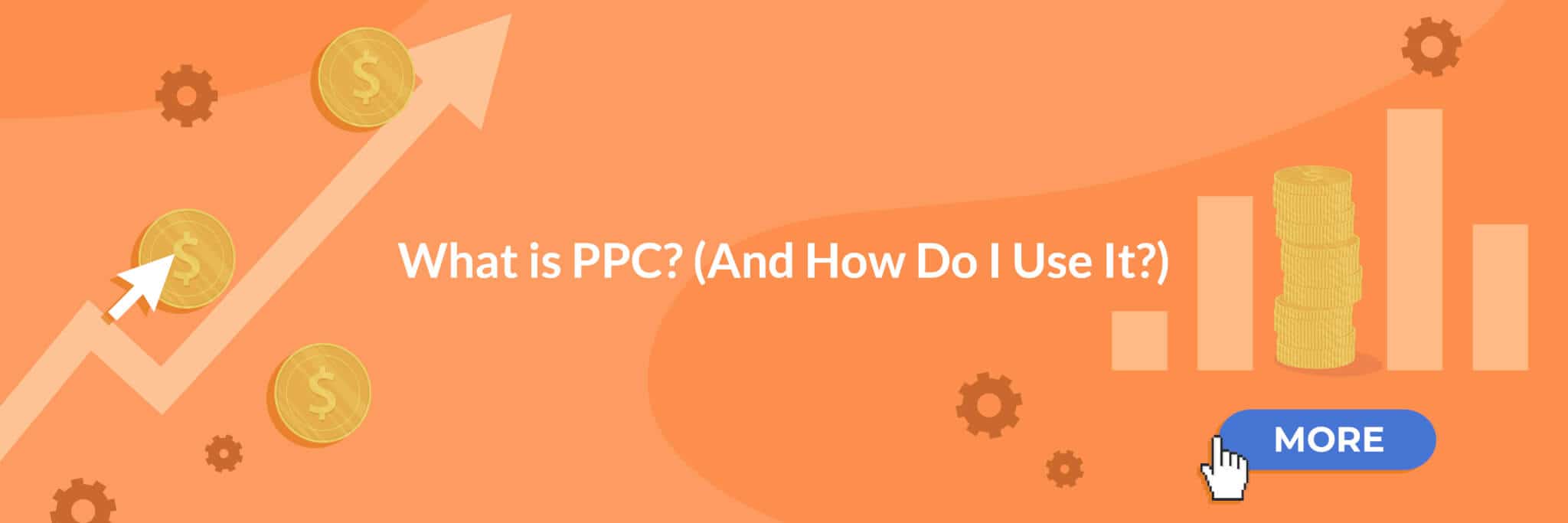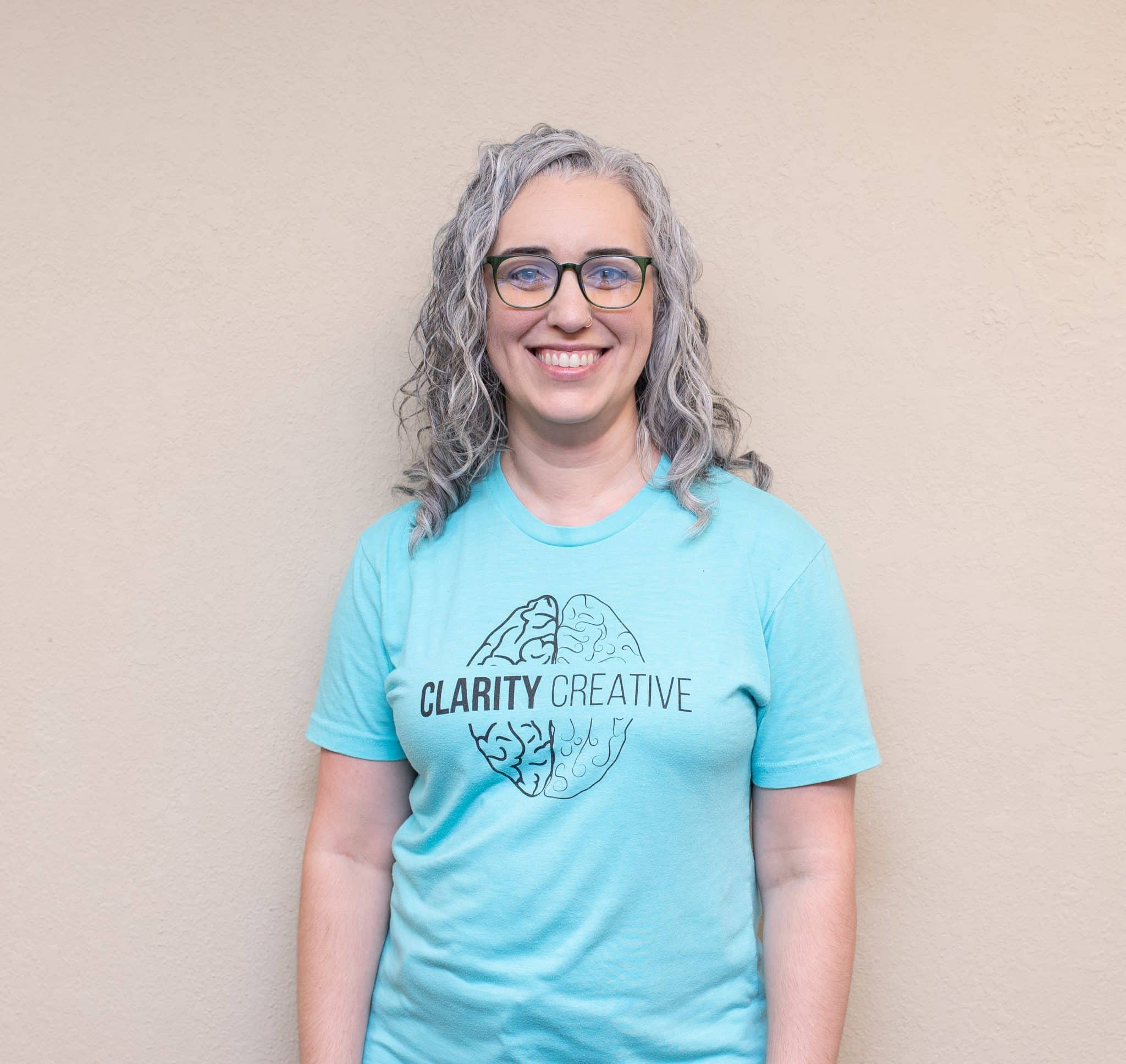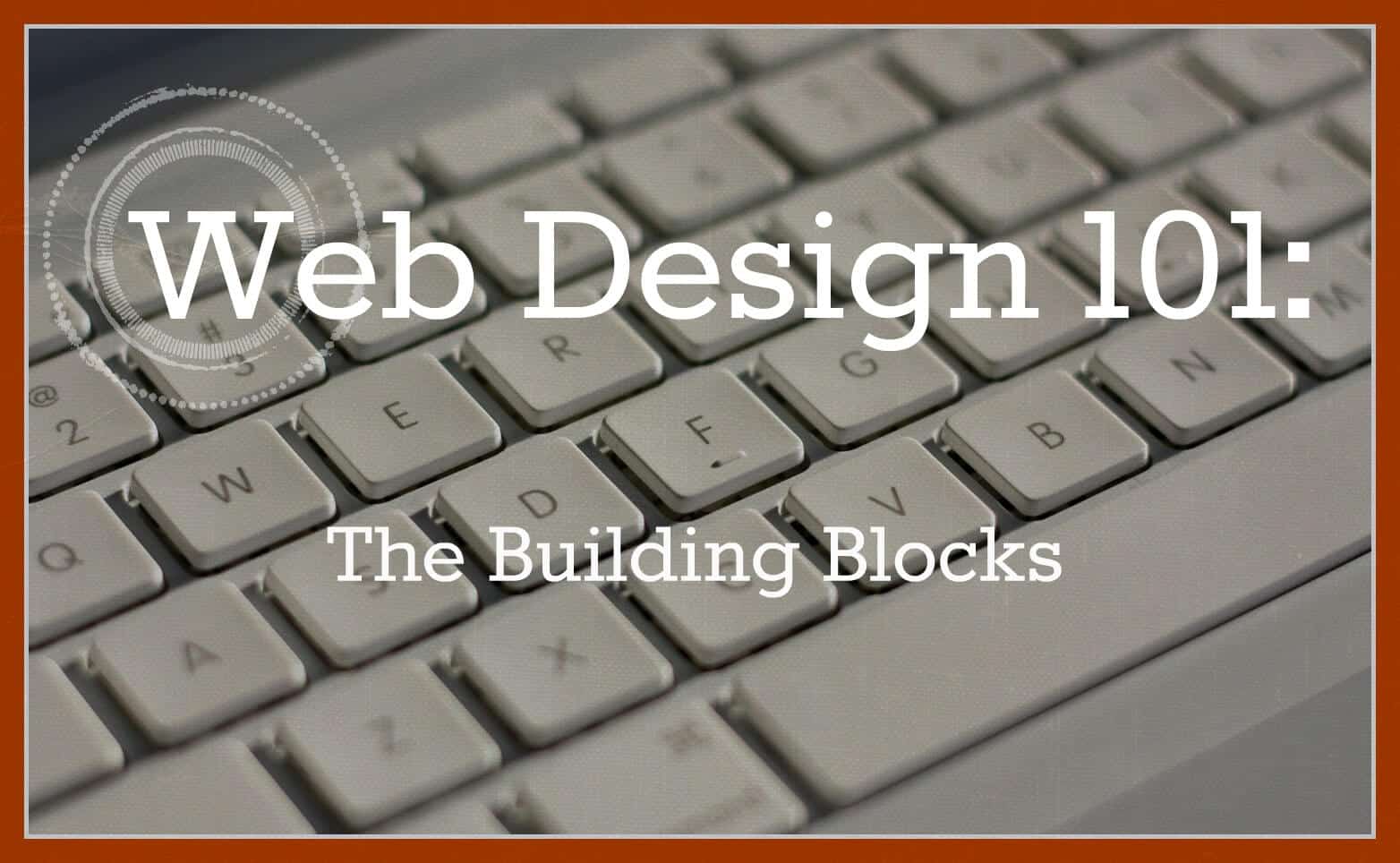If you’ve tried any form of digital marketing, you’ve probably heard the term “PPC” a time or two.
Makes sense, because it’s one of the most popular forms of digital marketing out there.
But what is PPC, exactly? How can you use it? And how can you maximize your marketing budget and really kick a$$ when it comes to getting your name out there?
Allow us to assist you.
What is PPC?
PPC stands for “pay-per-click.”
A PPC campaign is a form of online advertising where advertisers pay every time someone clicks on an ad, rather than paying to display it somewhere.
The best part about this is that sites like Google only show those ads to the people they believe will be interested in them. Because they are targeting your exact demographic, you get a much better Return On Ad Spend (ROAS) than with other marketing strategies.
How does it work?
There are lots of complicated algorithms that help them with this, but they basically take search history from every Google user (i.e. every human with internet access) and make guesses about what type of stuff they might be interested in. (I also have a theory that they listen to us through our phones but have no way of proving this.)
Are you doing a lot of research about car insurance? You might start to see Google ads for a local insurance agency.
Looking for a nutritious dog food for Lady and Tramp? Facebook ads for dog food might start popping up at the top of your search engine results page.
Is your kid OBSESSED with Ok Go and demands that you play their videos all the time, learn their full names, and invite them to her birthday party? Get ready to know every concert date for the next three years. (No? Just me?)
Sweet. How do I get in on that?
You know how everyone is constantly amazed that Google can put out such amazing products and not charge for them? It’s no mystery.
It’s funded by PPC.
Here’s how.

Businesses who run PPC advertising campaigns decide what keywords they want to target. The dog food company might have a special meal formulation for dogs with diabetes, so they’ll want to go after people who search for “diabetic dog food.” The insurance agency might want to target the phrase “affordable car insurance.”
Once you select your keyword and set up your campaign, Google goes to work. It’ll show that ad to lots of different people and the ones who click on that ad will get directed to your site and (hopefully) make a purchase from you.
Here’s where the “pay-per-click” part starts to make sense.
Every time someone clicks on your ad, Google charges you a certain amount of money. Sometimes it’s a few cents. Sometimes it’s a few dollars. Google determines this price by how difficult it is to rank for that keyword as well as how many other people are targeting it.
A really popular or generic keyword (“shoes”) will be harder to rank for—and therefore more expensive—than a more specific one (“original 1992 Air Jordans mint condition”).
As with any type of SEO, your success hinges on picking the perfect keyword.
How is PPC Different From SEO?
We’ve covered search engine optimization (SEO) about 100,000 times in the last few years.
But that’s only because it’s, like, super important.
With SEO, you’re working your content (that’s the text on your site) in such a way as to make Google notice you and move you up on the search results page. Rather than going directly to Google with a request and a handful of cash (so to speak), you’re staying in your own sandbox and making your sandcastle extra awesome so that Google will wander over and see it.
The main difference is that you need a budget to play in the PPC world, but the results are usually faster. SEO doesn’t have to cost anything, but the results will take a bit longer.
Again, your success in both of these methods is dependent on what keyword(s) you pick and how good you are at targeting them.
Does PPC Really Work?
It works if you do.
The process is automated after you initially set it up, but the work you put into setting up that campaign will determine your success.
A lot of shady marketing companies will go after the cheap, easy-to-rank-for keywords so they can shoot to the top of the results page and toot their own horn about what a great job they did.
But if the keyword they picked doesn’t get any traffic or even relate to your product? Those “leads” are gonna hit the back button and try again somewhere else. The money you spent—even if it wasn’t very much—was completely wasted.
The key to getting your PPC campaign to work is doing your homework and going after the perfect keyword, even if you have to spend a little more to get it.
Say Hello, and Let's Get To Work Together
Why Is PPC So Expensive?
Frankly—considering what you get for the money—it’s a very cost effective way of marketing.
Oh, really? You’re challenging me on this? All right, then, let’s rumble.
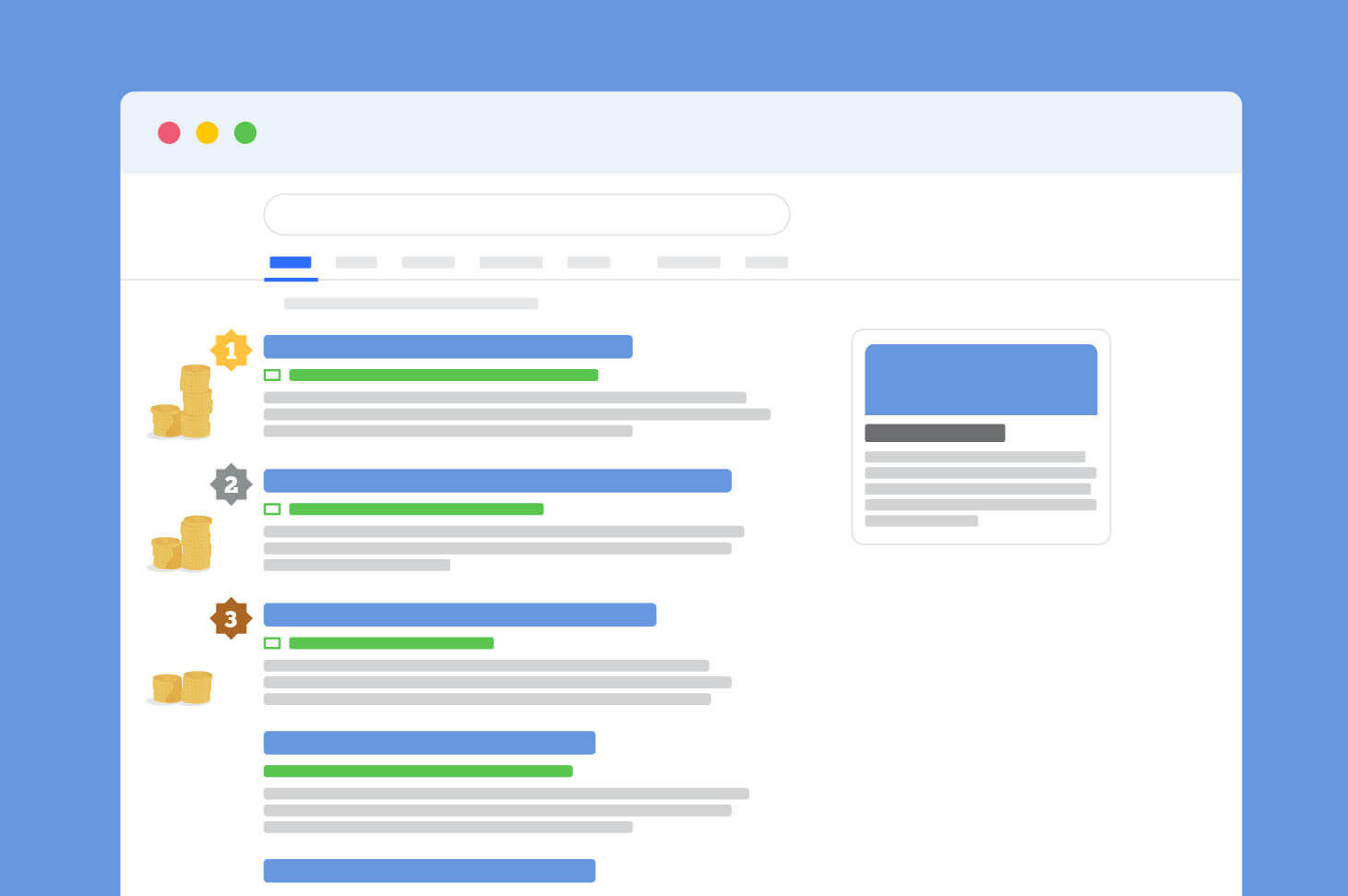
Every click you pay for is a lead. Even if you’re paying $50 per click (the cost of targeting “insurance,” the most expensive keyword), that’s one new lead for every $50 you spend. And I’m willing to bet that insurance agencies get more than $50 in business when someone signs on with them.
All you really need to know is your cost of acquisitions.
Ask yourself, “How much am I willing to spend for the chance to turn an already-interested person into a customer?”
If your average sale is $20, then a $50 cost per click (CPC) won’t be worth it. But $0.25 might. And if you end up paying Google $125 by the end of the month, that’s 500 site visitors that you didn’t have before. And I’ll bet you made more than $125 from all of them.
Get the Most Out of Your PPC Campaign
Once you’ve decided to jump into the PPC world (and you really should), make sure you’re maximizing your efforts.
Set a budget, target the right keyword, know your acquisition costs, but don’t forget the most important step to getting the most out of your PPC campaign: expert assistance.
A digital marketing company that specializes in SEO (and knows about your business) will know the right keywords to target. They’ll know your marketing budget and how to get the most out of it. And what’s more, they’ll have a vested interest in having you come out ahead.
Otherwise, how would they stay in business?
SEO has its place (definitely don’t neglect on-site SEO!), but don’t be afraid to give PPC a whirl.
In an increasingly digital age, it’s really the only way to reach your audience.

